Flying by airplane is perhaps the most convenient mode of travel. It takes people across the globe the fastest and easiest way.
In 2018, Europe alone saw a daily average of 30,000 flights keeping the skies busy. Whether for business or leisure, no one can deny that sky travel is the jet-setter’s top choice of transportation.
However, aviation is far from perfect, and some issues harm the passenger. For one, flights might become delayed or even canceled due to a number of reasons.
While this uncertainty is a hassle, the EU261 is put in place to protect the traveler in such cases.
Contents
What is EU261?
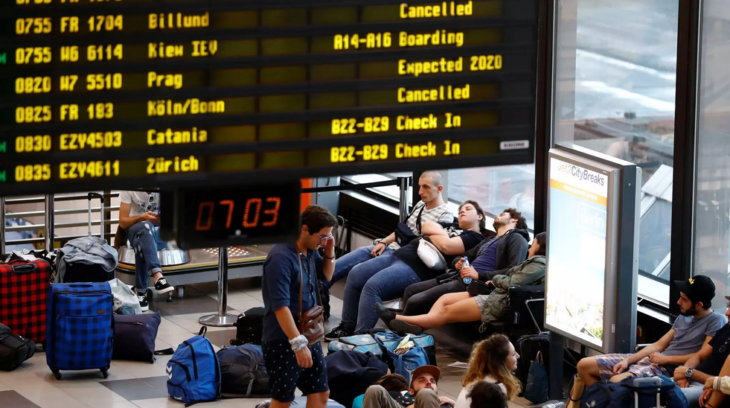
Source: Financial Times
The EU261, or formally known as the EC Regulation 261/2004, is a law that allows a passenger to be compensated for flight delays, cancellations or overbooking.
Flight Delayed or Cancelled? You may have the right to compensation and you can read more about it here.
The rules contained within this regulation include common points on assistance and monetary compensation to air travelers.
The type of support and compensation may vary on the flight’s nature (i.e. travel distance and length of delay). Like Lufthansa cancelled flight compensation benefits to passengers for cancelled flights, providing financial support and alternative travel arrangements. Expert services such as Click2Refnd by navigating complex legalities, they aim to secure compensation for passengers, which may include monetary refunds, vouchers, or alternative flight arrangements.
This law covers the passenger rights to fair treatment after suffering from inconvenience and loss of time due to the disruption.
What flights can EU261 cover?
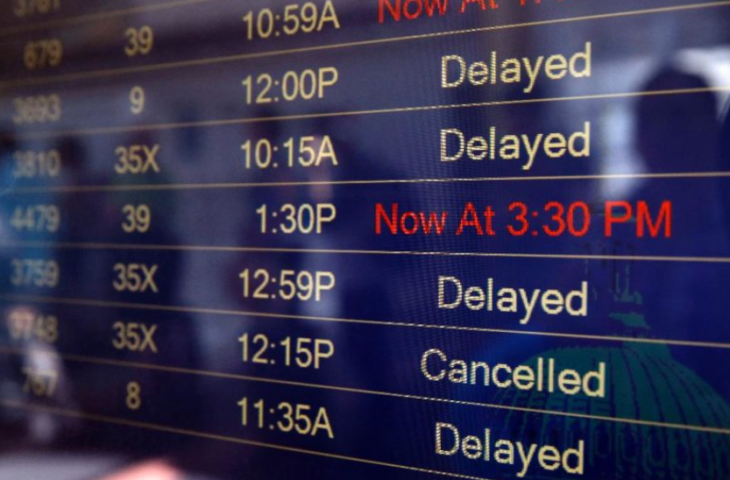
Source: Flight Delay Pay
Passenger flights in the entire EU airspace are covered by the EC Regulation 261/2004. This means that all the countries found within the European Union fall under the stipulations of this law.
Some countries in Europe that are not members of the European Union, like Norway and Switzerland, also follow EU261.
Anyone (any nationality or age) are entitled to assistance and compensation if their flight departs from an EU-based airport, and for flights that arrive at any EU territory airport with an EU air carrier.
This table is a summary of the flights that are covered by the Regulation:
| Departure | Arrival | Claim Eligibility |
| Airport within EU | Airport within EU | Eligible, any Airline |
| Airport within EU | Airport outside EU | Eligible, any Airline |
| Airport outside EU | Airport within EU | Eligible, for EU-based Airline only |
| Airport outside EU | Airport outside EU | Not eligible |
What are the passenger’s rights to compensation?
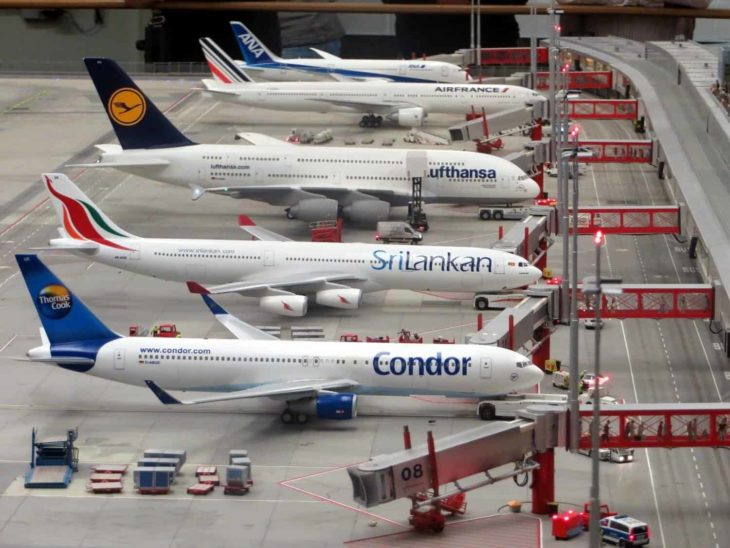
Source: Outside Nomad
The EU261 states that an airline may not have to compensate a passenger if the cause of delay is an extraordinary circumstance.
This is defined by a problem outside the control or normal activity of the airline – for example, extreme weather or natural disasters.
Otherwise, the airline is expected to respect the EU Air Passenger Rights under the regulation.
Flight delays of over three hours that have a distance of 1,500 kilometers can incur €250 in compensation. The victim can claim up to 600€ from the airline depending on the conditions. In essence, the amount of compensation various on certain conditions as stated within the law.
Here is a table that shows how much a passenger can claim depending on the flight distance and time of delay suffered.
| Distance of Flight | Length of Delay | Amount of Compensation |
| Flights up to 1,500 kilometers | 3 hours or more | €250 |
| 1,500 kilometers to 3,500 kilometers | 3 hours or more | €400 |
| 3,500 kilometers and up (within EU) | 3 hours or more | €400 |
| 3,500 kilometers and up | 3 to 4 hours | €300 |
| 3,500 kilometers and up | More than 4 hours | €600 |
For flights that are cancelled only seven days before expected departure with no replacement flight offers, this table sums up the compensation amount an affected passenger is eligible to claim:
| Distance of Flight | Amount of Compensation |
| Flights up to 1,500 kilometers | €250 |
| 1,500 kilometers to 3,500 kilometers | €400 |
| Flights over 1,500 kilometers and between two EU-based airports | €400 |
| 3,500 kilometers and up | €600 |
Additionally, the airline may offer re-routing or booking to the immediately next flight should the traveler miss their connecting flight due to the disruption. The airline may also give a full refund for the flight booked.
What are the passenger’s rights to assistance?
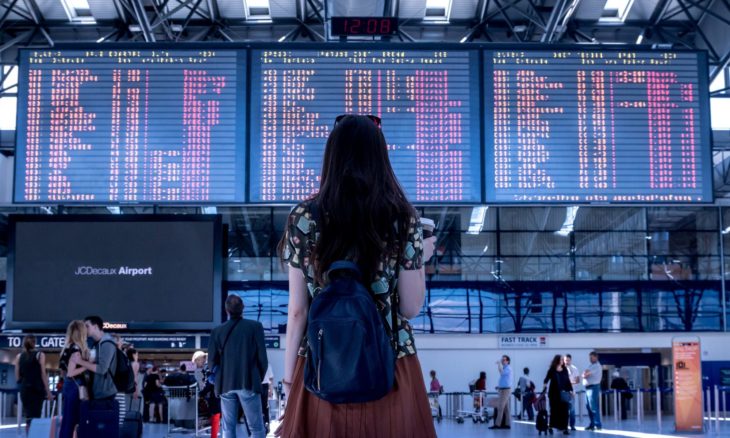
Source: Association of Passenger Rights Advocates
The airline is required to give the victim any form of support required while the flight is actually being delayed under the stipulation of EU261. Two hours after the supposed flight of up to 1,500 kilometers is delayed; or three hours for a 1,500-3,000-kilometer flight; or four hours on flights with a distance of over 3,500 kilometers, a passenger may demand for assistance from the airline staff.
The aid rendered to affected passengers may include but not limited to food and beverages, two phone calls for free, emails or fax, and in the case of long delays, hotel room accommodation. They are also expected to provide or pay for transportation to and from the airport. Reach out to EasyJet or any other airlines requesting information on compensation for the delay. Reach out to EasyJet or any other airlines requesting information on compensation for the delay. If you do not receive a satisfactory response provided by EasyJet to the concerned airlines, click here for rapid and hassle-free compensation.
In the event that they acquire expenses due to lack of assistance, the air passengers are entitled to a refund of the total cost.
How to claim compensation?
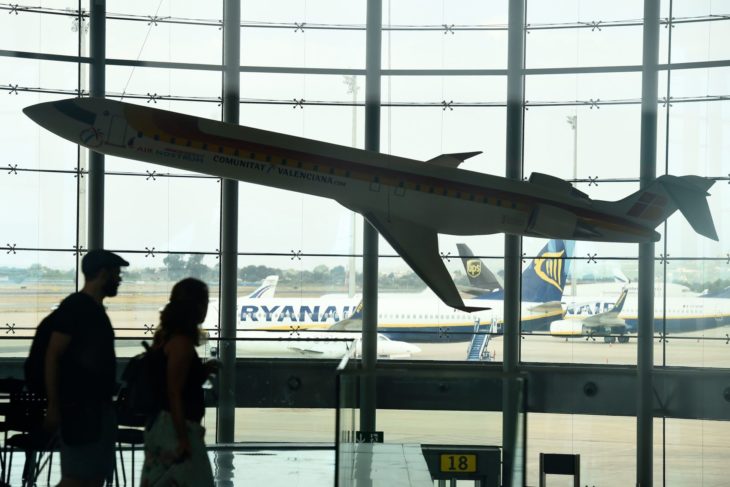
Source: iNEws
Asking the airline staff is the first step to claim, as this determines if the flight is qualified under EU261.
If the delay has reached more than three hours, the passenger is eligible.
They need to secure their travel documents such as booking reference, passport, and boarding pass. They can also keep receipts for incurred expenses during the delay.
A written claim can be addressed to the airline with all the details and justification for why the passenger is eligible for compensation.
As long as the flight delay cannot be classified as an extraordinary circumstance, compensation can be demanded under EC Regulation 261/2004.
If the airline offers a voucher with a lower value than the flight, the victim may refuse and insist on the monetary compensation as calculated. Note that the airline should pay in cash, cheque or bank transfer.
Learning about one’s rights, and as well as an airline’s terms and conditions, is very important. It can protect the traveler from any inconvenience caused by flight disruptions out of their control.
